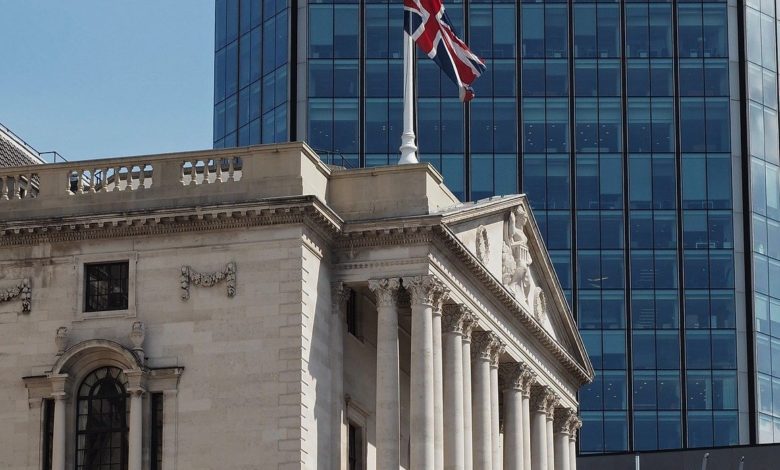BoE raises interest rates to 4.25%
The move marks the 11th consecutive increase from the BoE and follows an unexpected rise in inflation last month

The Bank of England (BoE) has announced that interest rates will be raised by 0.25% to 4.25%, the highest rate in almost 15 years, following an unexpected rise in inflation last month.
The move marks the 11th consecutive increase from the BoE and follows the jump in inflation to 10.4% during February, when it was anticipated to fall further from January’s 10.1%.
The BoE’s MPC voted by a majority of 7-2 to increase the rate, with two members preferring to maintain the current rate of 4%.
It comes as the BoE revealed it expects the UK to avoid a technical recession this year, with GDP expected to “increase slightly” in the second quarter, compared with the 0.4% decline predicted last month.
Meanwhile, it noted there had been “large and volatile moves” across global financial markets, particularly following the fall of Silicon Valley Bank and ahead of UBS’s purchase of Credit Suisse.
The MPC said it would “continue to monitor closely” the effects on credit conditions faced by households and businesses, and in turn the impact on the macroeconomic and inflation outlook.
Despite the rise in CPI inflation in February, the BoE said it is still expected to fall “significantly” in 2023 Q2, to a lower rate than anticipated in the February report.
This lower-than-expected rate is largely due to the near-term news in the budget including on the EPG, alongside the falls in wholesale energy prices. Meanwhile, the BoE said Services CPI inflation is expected to remain broadly unchanged in the near term, but wage growth is likely to fall back somewhat more quickly than projected in the February report.
However, the BoE’s MPC said the extent to which domestic inflationary pressures ease will depend on “the evolution of the economy, including the impact of the significant increases in Bank Rate so far”.
“The MPC will continue to monitor closely indications of persistent inflationary pressures, including the tightness of labour market conditions and the behaviour of wage growth and services inflation. If there were to be evidence of more persistent pressures, then further tightening in monetary policy would be required,” it added.







